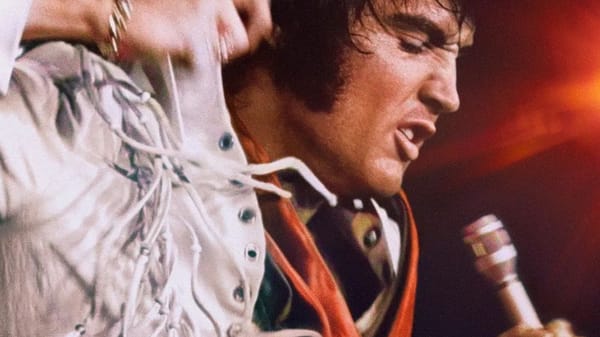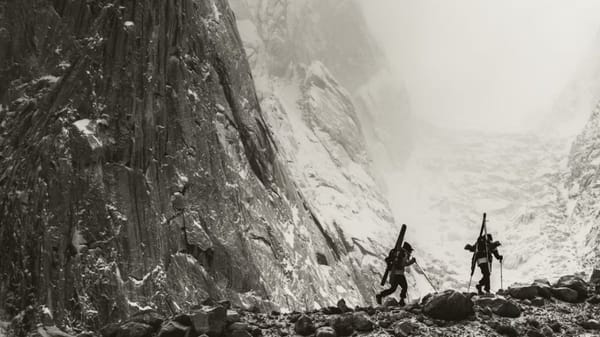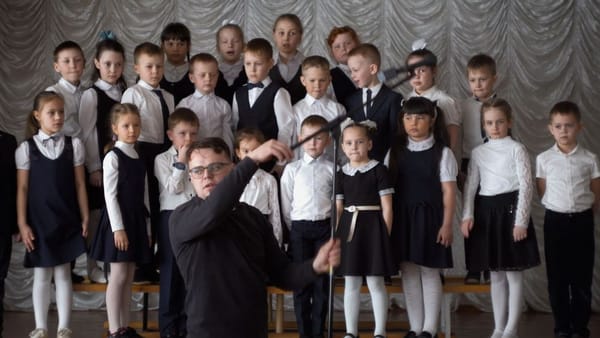Looking for Robert (dir. Richard Copans)
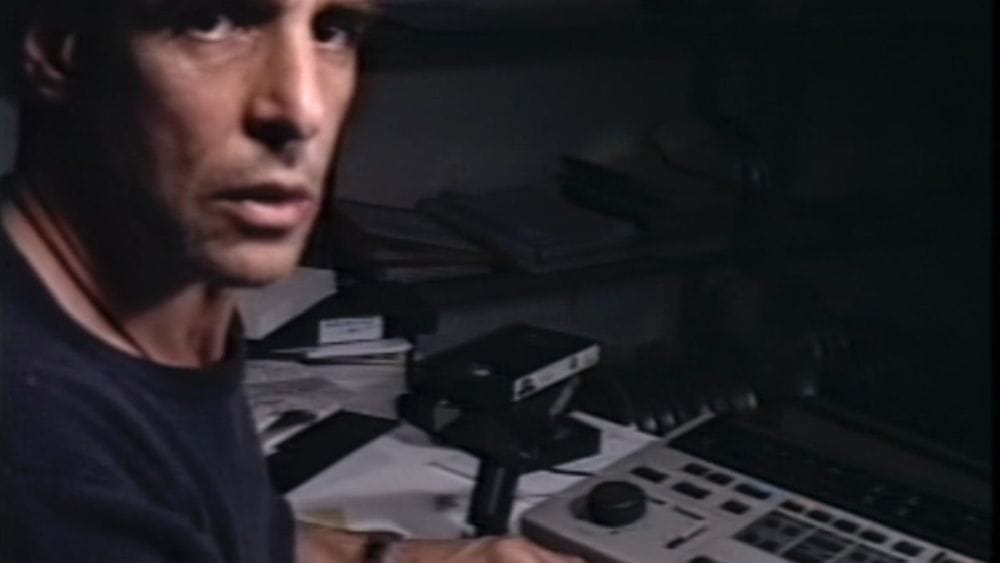
I have seen far too few films of Robert Kramer. “He invents cinema with each new shot”, according to Cahiers du Cinéma. Those that I have seen have left an impression upon me. Take for instance, the lo-fi paranoia of The Edge from 1968 and Ice two years later with their bristling texture from the underground and themes of anarchism and radicalism. They’re films that ask questions of how extreme is too extreme when the cause is that important among other pertinent ideas within sorta-agitprop lefty, no-budget cinematic borders. The How to Blow Up a Pipeline to the bigger, flashier titles of its day. Or what about Route One/USA, perhaps Kramer’s most ambitious work—fusing documentary and fiction in ways that make the viewer really grapple with the form and the subjects it chooses to observe.
Looking for Robert captures what feels like a fleeting glimpse into the man as told by his dearest friend and long-time collaborator, Richard Copans. Kramer died in 1999 and was described as “an American filmmaker in exile”. From what I can tell, he never really got his due at the time or since. At least not in America. We've all heard that story before. We hear stories of how hard it was to get funding, which is hardly a surprise, and the difficulty that came with wanting to make the movies that he wanted to make (Super 16mm instead of video for television productions that he nonetheless envisioned being exhibited on large cinema screens—something a few more documentary filmmakers could perhaps stand to consider today. Kramer described documentary film like jazz, which probably didn’t help. Jumping into stories without necessarily know where it’s going to go. That was certainly the case with Route One/USA, the making of which forms the bulk of this barely 70-minute film.
Copans, a director in his own right before this documentary, lends the film a certain… well, French tone to his narration prose. Charting Kramer’s—and in multiple ways, his own at the same time—career from working on narrative features like The Edge and political non-fiction like The People’s War as a member of Newsreel (I hadn’t realised it at the time, but in my Letterboxd ‘review’ for The Edge I did say it have the “vibe” of a co-op, so I guess that style has seeped into my cinematic vocabulary). There’s the migration to France in 1979. There’s the failed ‘one for them’ of Diesel that led to a falling out between Kramer and Copans. There’s the creative comeback of Doc’s Kingdom and his struggles to reconcile America as his “so called country”.
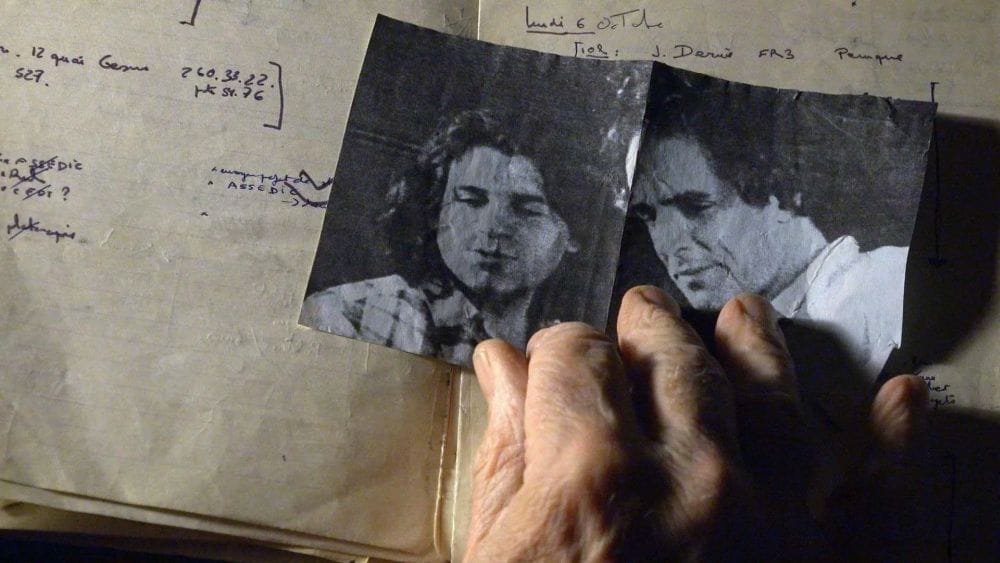
Some of Looking For Robert’s best moments come with those production diaries of Route One/USA, a four-hour plus docufiction that travels from New York to Florida taking in so many its unique facets of the country with his unique set of filmmaker skills. Copans pulls back the curtain to reveal how some of that film’s best moments were a patchwork of the real and unreal. It’s the moving of the dandelion from a patch of roadside grass to ‘get the shot’ in Kirsten Johnson’s Cameraperson. Real people talking to fake characters in manipulated moments speaking the absolute truth. The use of fictionalised inventions to enhance the reality that he was attempting to show us. Aided by Copans’ cinematography that captures an overcast version of the United States across boundaries and borders, this film made me appreciate that one even more. And as we hear through Kramer’s words, the form was something he thought about a lot. How documentaries aren’t necessarily more or less true than so called fictions—all films regardless of what’s ‘true’ or not are the product of people making them. I thought it quite refreshing to hear such words in a filmmaker’s biography.
Looking for Robert is a modest documentary that is entirely befitting its subject. It’s touched by the grief felt by its filmmaker for his friend, collaborator and creative partner; Copans even talks about how his own films, like Racines, are full with the memory of Kramer. But even with that lingering over the film, it never sees Kramer as somebody who would want too much fuss made over him in death. Nor is this the film to offer that. Copans’ intimate knowledge of Kramer allows for Looking for Robert to be a more honest take on the filmmaker. One that celebrates, but never presents him as something that he wasn’t. Or, perhaps even more importantly, that his films never were. It's enlightening in its ways, and keeps the mystery of Kramer in others.
If you would like to support documentary and non-fiction film criticism, please consider donating by clicking the above link. Any help allows me to continue to do this, supports independent writing that is free of Artificial Intelligence, and is done purely for the love of it.

